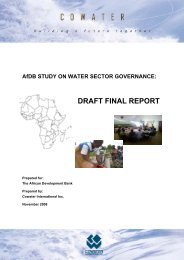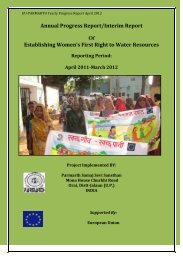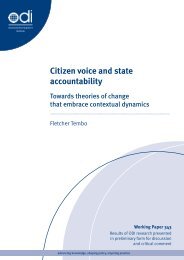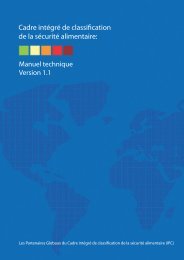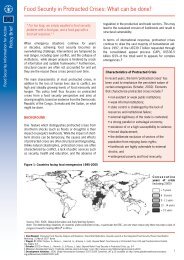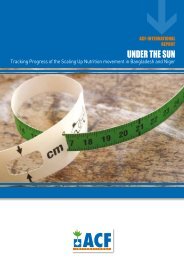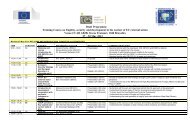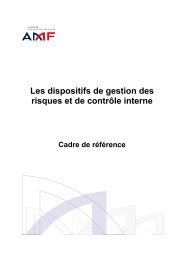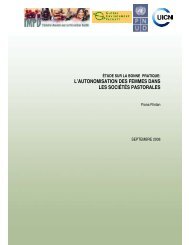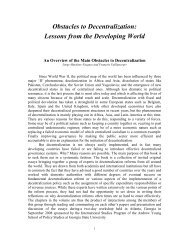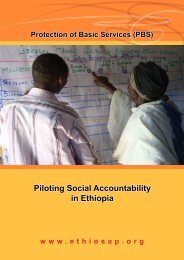Extraction Technologies for Medicinal and Aromatic ... - Capacity4Dev
Extraction Technologies for Medicinal and Aromatic ... - Capacity4Dev
Extraction Technologies for Medicinal and Aromatic ... - Capacity4Dev
Create successful ePaper yourself
Turn your PDF publications into a flip-book with our unique Google optimized e-Paper software.
11 PROCESS-SCALE HIGH PERFORMANCE LIQUID CHROMATOGRAPHY FOR MEDICINAL AND AROMATIC PLANTS<br />
11.2.5 Advantages of HPLC<br />
The use of HPLC in the isolation <strong>and</strong> purifi cation of complex<br />
compounds is increasing tremendously due to its fl exibility <strong>and</strong> effi ciency. It<br />
has several advantages over traditional methods of isolation <strong>and</strong> purifi cation:<br />
i) Variety of separating techniques.<br />
ii) Variety of column packings <strong>for</strong> different techniques.<br />
iii) Separation optimized by alteration of the mobile phase.<br />
iv) Mobile phase easily manipulated in gradient systems.<br />
v) RP technique separates very similar <strong>and</strong> very different com-<br />
pounds simultaneously.<br />
vi) HPLC can be used as a preparative method.<br />
vii) HPCL can be used as a purifi cation technique. More than<br />
one detector can be connected in series (e.g. UV <strong>and</strong> evaporative<br />
light scattering detector).<br />
viii) Most sample analysis is carried out at room temperature.<br />
ix) Short analysis runs. More than 70% of HPLC separations<br />
are per<strong>for</strong>med on UV detectors <strong>and</strong> 15% rely on fl uorescence<br />
without any derivatization.<br />
11.3 Preparative HPLC<br />
Preparative chromatography is the most powerful <strong>and</strong> versatile<br />
method <strong>for</strong> isolation as well as purifi cation of complex compounds used in<br />
drug development studies. Prior to per<strong>for</strong>ming preparative HPLC, the following<br />
points must be taken into account to optimize the separation <strong>and</strong><br />
maximize the sample load on a small column:<br />
• Prior to pilot-plant scale, a systematic method <strong>for</strong> development<br />
is required<br />
• Validated robust analytical methods are required<br />
• Scale-up of parameters from analytical method to prep-<br />
HPLC<br />
• In prep-HPLC, buffer is not used<br />
• Stationary phase with large particle sizes to decrease costs<br />
<strong>for</strong> prep-HPLC<br />
11.3.1 Strategy <strong>for</strong> Preparative Separation<br />
Selection of the appropriate mode of chromatography is followed<br />
by the optimization of the separation, i.e. stationary phase, mobile<br />
phase, temperature, additives. The next step is optimization of the throughput,<br />
i.e. sample amount <strong>and</strong> column overloading. In the fi nal step, stepwise<br />
scale-up of separation is per<strong>for</strong>med to obtain the desired compound.<br />
186



